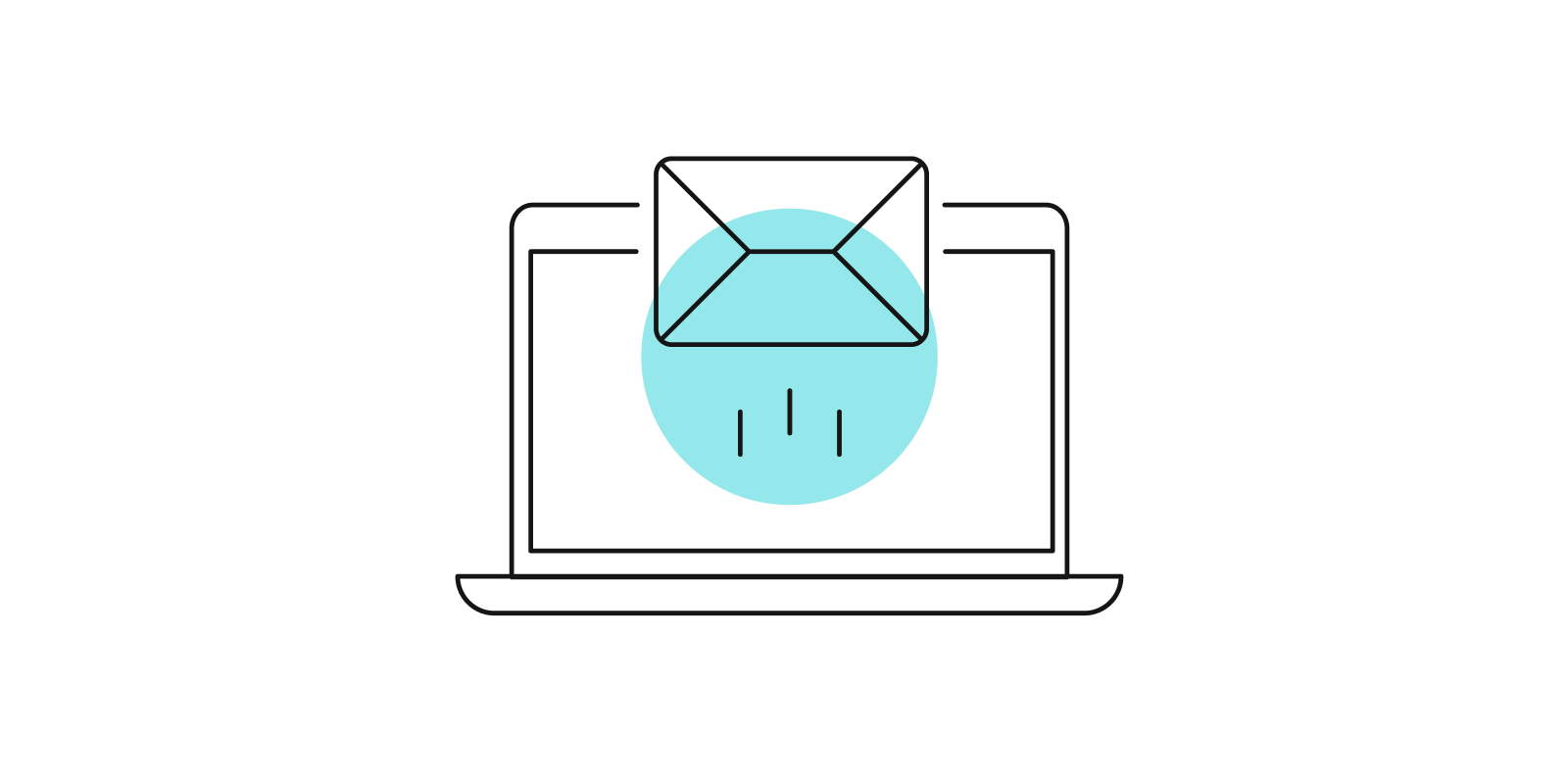
Voices of Innovation: A Q&A Series on Generative AI – Part 6

Using technology to improve teaching and learning is in Pearson’s DNA. As the first major higher education publisher to integrate generative AI study tools into its proprietary academic content, Pearson is excited to be harnessing the power of AI to drive transformative outcomes for learners. We are focused on creating tools that combine the power of AI with trusted Pearson content to provide students with a simplified study experience that delivers on-demand, personalized support, whenever and wherever they need it.
In this multi-part blog series, you’ll have a chance to hear about AI innovations from Pearson team members, faculty, and students who have been involved with the development and rollout of Pearson’s AI-powered study tools.
Part VI highlights the invaluable perspectives of students who are experiencing and shaping the future of AI-powered learning firsthand. Join Maddy Beavis, student at Rutgers University, David Marquez, student at the University of Kentucky, and Nia LaCour, student at Southern University & A&M College as they share their perspectives.
How would you describe your overall perception of AI? Have you had any previous experience with AI, either in academic settings or in real-life applications? Are your faculty embracing AI on campus?
Nia: My overall perception is one of cautious optimism, fascination, and intrigue. I have had experience with AI in academic settings and as entertainment. On campus, AI has not been a huge point of discussion, which is surprising, as I am a Computer Science major. I was first introduced into AI in Spring of 2023 when my professor gave us a homework assignment to make an account for ChatGPT.
David: For me, AI advancements are causing much commotion on campus. It is both beneficial and challenging to navigate, but I am interested to see its impact on our current routines. I often use AI when studying for my STEM classes, especially when I get stuck in my math and coding classes, AI helps me understand the steps to the solution. I also use AI for brainstorming content or creating emails. Faculty on my campus seem to be very interested in the idea of AI, and many instructors allow us to utilize it for homework and study.
Maddy: I have a positive yet cautious perception of AI. I have used AI in personal and academic settings and have seen how powerful AI platforms can be for something as simple as checking grammar or as complicated as solving a math problem. In an academic setting, I try to remain cautious about the potential for misleading or incorrect answers. Many faculty members have embraced AI on my campus but do try to provide guidance to students on when and how to use it.
In your opinion, what are some potential benefits of AI in education or other areas? Can you think of specific ways AI could enhance your learning experience?
Nia: AI has the potential to help millions of students because of its infinite uses for teaching and learning. Some benefits of AI in education are on-demand help, study tools, and tutoring systems that cater to each student’s needs.
David: AI can greatly enhance one’s learning experience, especially when the teacher or classmates are not around for assistance. AI is capable of being a tutor, a function which will continue to improve as some AI is now able to recognize information through video, and receive and return vocal commands in a personable way. I think that this will be especially effective in out-of-class tutoring. In the early stages, these tools should be moderated by the professor if used in a classroom setting or if recommended as a study tutor.
Maddy: AI can elevate a classroom experience and aid in accessibility for students who may have limited access to foundational information, textbooks, the internet, etc., but it can never replace a real teacher, their experience, or that of being in a classroom. AI can help personalize learning for students by providing more adaptive tutoring options. AI could also help professors grade assignments more quickly or be able to analyze student data and performance metrics.
As you know, Pearson has launched an AI-powered study tool in MyLab, Mastering, and eTextbooks. What are your impressions of the study tool so far?
Nia: My initial impressions of the AI study tool are game-changing and innovative.
David: The AI-powered study tool is very beneficial, and it uses the technology in a manner that will help the student learn without becoming too much of a crutch. I believe that utilizing AI within a learning platform like MyLab, Mastering, and eTextbooks allows students and professors to get acclimated to a more trusted version of AI that is embedded in a learning experience.
Maddy: From my experience using this tool, I appreciate how thorough the AI-powered study tool explanations and summaries are. I like that I can ask questions and get help on tricky topics in real time.
How do you think the AI-powered study tool could positively impact the way you learn and study? Are there particular capabilities of the Pearson AI study tool that you find most beneficial?
Nia: The AI study tool could positively impact the way students learn and study by differentiating itself from other AI tools. Other AI tools just give answers and aren’t focused on helping students learn the material for success in their course. The most beneficial part of the Pearson AI study tool is the way it teaches the user and helps guide their learning, not just give them the answer.
David: It most definitely can. The AI study tool is most powerful in the dialogue it creates with the student. Students can ask questions and get explanations or summaries of the content they are learning. The study tool guides the student and helps them understand complex topics, which is highly beneficial, especially when doing homework or studying. The tool can be a reliable source of help for students.
Maddy: The AI study tool reduces my stress when working through practice problems, especially knowing I have it whenever I need it. This motivates me to do more work because I feel I can learn more efficiently while having support. It helps me gain more confidence in the material. My favorite part of the AI study tool is how complete the explanations are; they show each step along the way.
Do you feel prepared to navigate a future where AI technology plays a significant role? What additional resources or educational support do you think would be helpful in preparing for an AI-driven future? Do you think higher ed institutions should adapt to better prepare students for a future where AI is prevalent?
Nia: With the right precautions, I do feel prepared to navigate a future where AI technology plays a role. I feel that making information about AI and how it works more accessible and easier-to-understand could be helpful in preparing for an AI-driven future. The future of AI is inevitable, so I do believe higher ed institutions need to adapt and prepare students for this era of technology.
David: I feel somewhat prepared to do so. Having a minor in computer science, I have been researching how I can incorporate AI technology into my projects to develop confidence in using it. Creating opportunities for exposure to AI is something that should be embraced in education and in the workforce. Just like computers, the internet, and other technology that has come before, AI will be something society will learn how to use and adapt. It’s important for higher ed institutions incorporate AI into their curricula, as it will contribute to teaching and learning in new and different ways.
Maddy: I do feel prepared for a future with AI. My generation has grown up in a period of vast growth in technology in all areas of life, so it does not necessarily feel like it is something new --- just something that was always around the corner. It is important for current and future students to have access to resources that teach them how to use AI responsibly and remind them that their ideas are still far more powerful than any man-made AI could ever be. Both K-12 schools and higher education institutions should be prepared to help students through all the future advancements that will be made.
What is one word you would use to describe Pearson’s new AI-powered study tool?
Mia: Innovative
David: Pioneering
Maddy: Reliable



